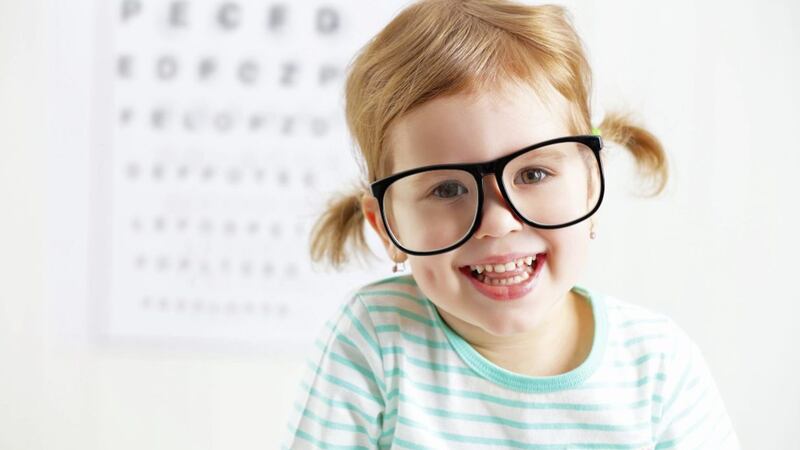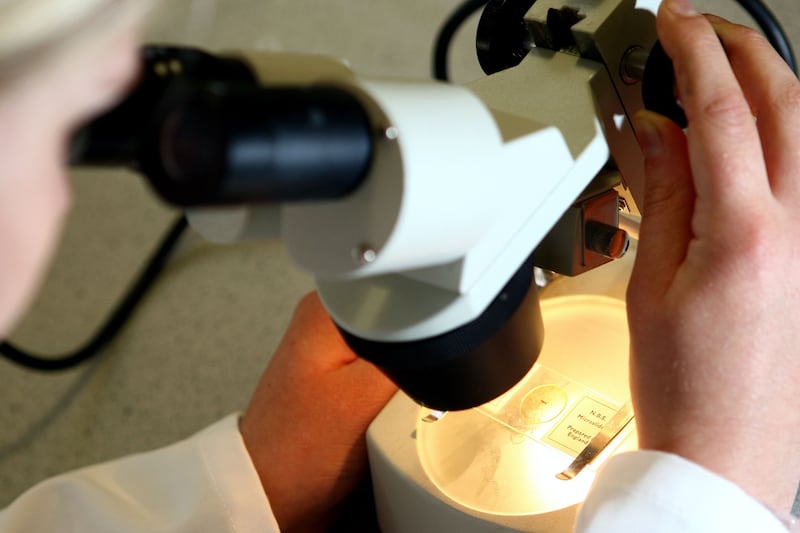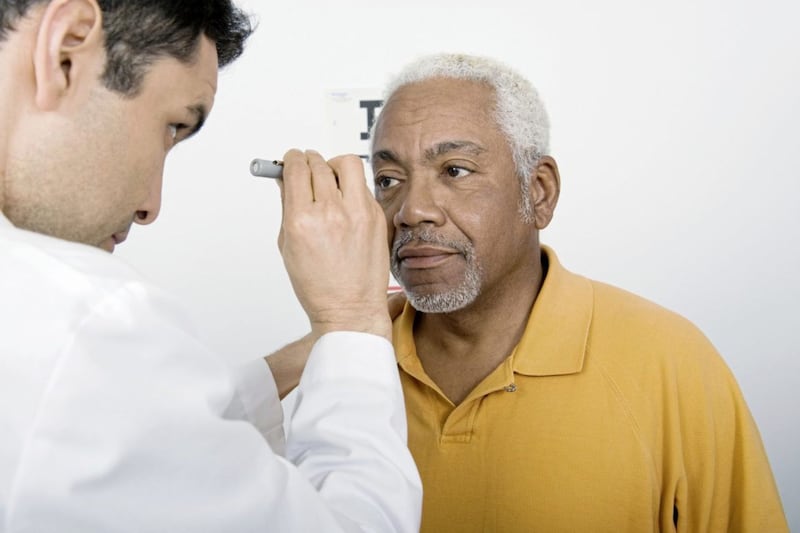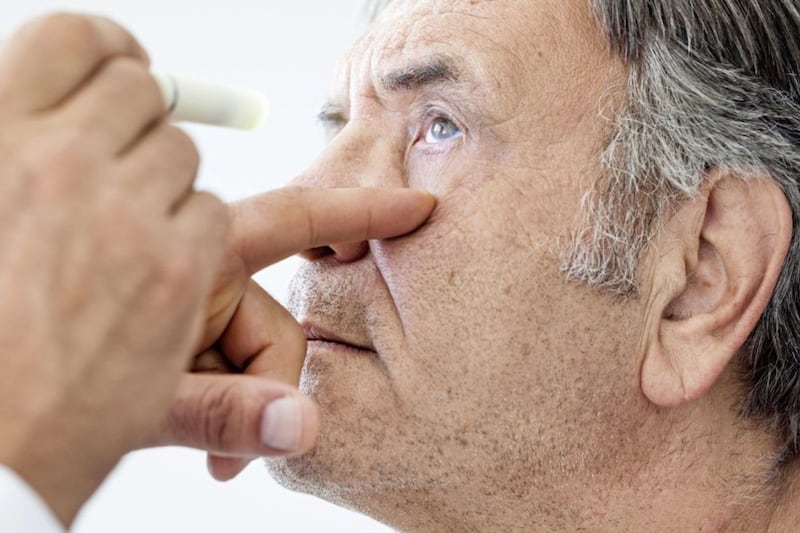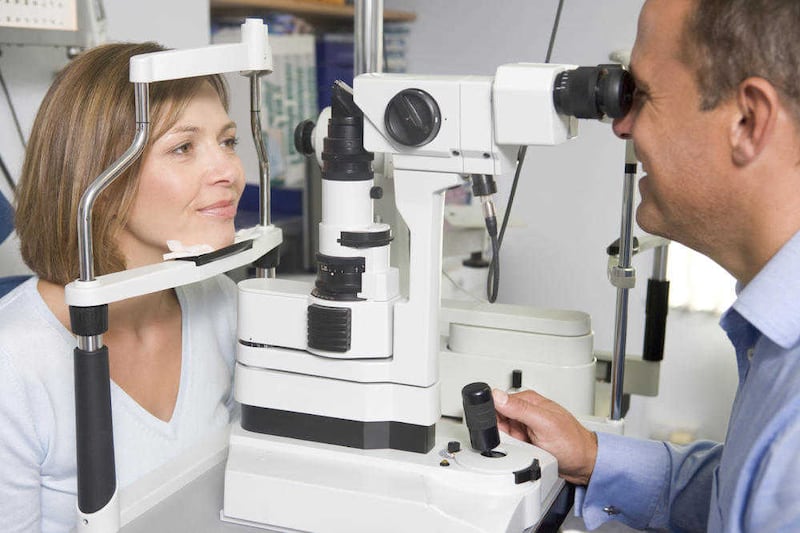ASK THE EXPERT
Q: "Why is it important that my children have eye tests? Although they've never had their sight tested, I haven't noticed that they have any vision problems."
A: Optometrist Dr Nigel Best, a clinical spokesperson for Specsavers, says: "A lot of parents assume that because their child doesn't display any signs of a vision problem, there's no need to have their eyes tested.
"However, this couldn't be further from the truth. Ensuring your child has regular eye examinations is incredibly important for a number of reasons.
"Research from Specsavers has revealed one in five children are at risk of sight loss and 20 per cent of school-aged children have never had an eye test, despite NHS guidelines.
"Given more than 80 per cent of our learning, cognitive and social abilities are facilitated through our sight, it's extremely important to your child's overall development.
"Furthermore, what many parents don't realise is that a lot of minor eye conditions can be corrected if discovered before the age of eight – for instance squints, short-sight and lazy eyes.
"Eye tests can also detect signs of wider health problems, from diabetes and high blood pressure to potentially life-threatening conditions like brain tumours. Therefore, it's crucial your children are tested regularly, even if they don't initially need glasses.
"Some of the signs your child may require glasses can be very subtle or easily attributed to something other than their sight, therefore parents can often end up missing them.
"Children sitting very close to the TV or holding books and tablets close to their face is a big indicator.
"Likewise, an increase in your child suffering from headaches or dizziness, or even excessive tilting of their head to one side can be a sign they need to have their vision tested.
"A full eye examination at a qualified opticians will mean any problems, no matter how big or small, will be detected. With examinations free for all children aged under 16, there's no excuse for turning a blind eye."
